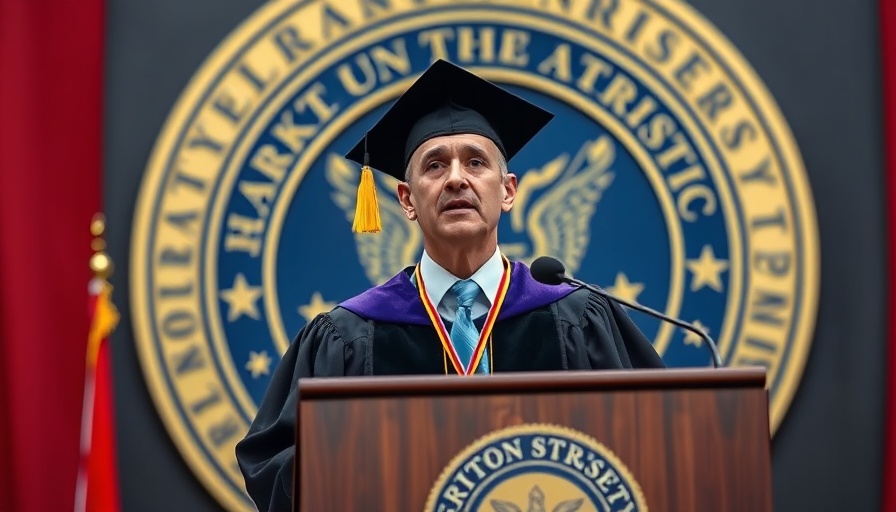
Raising the Curtains on University Presidential Selections in Florida
In a significant move towards increasing transparency in Florida's educational governance, new legislation has been filed aiming to bring to light the often-secretive hiring processes for university presidents across the state. This proposal, spearheaded by Sen. Alexis Calatayud and Rep. Michelle Salzman, follows a controversial period marked by the appointment of Ben Sasse as president of the University of Florida, highlighting the ongoing debate over the balance between openness and confidentiality in public institutions.
A Shift Back to Transparency
The proposed bills, SB 1726 and HB 1321, seek to repeal recent mandates which have kept presidential candidate identities confidential. Since the 2022 law was enacted under Governor Ron DeSantis’ administration, only the names of finalists have been disclosed, effectively sidelining the public from the earlier stages of the hiring process. Opponents of this concealment argue that it compromises the integrity of public governance, arguing that communities have a right to know who is being considered to lead their educational institutions.
The Fallout from Secrecy: The Case of Ben Sasse
The recent provisions gained heightened scrutiny after the controversial selection of Ben Sasse, former U.S. senator, as the sole finalist for the presidency of the University of Florida. His presidency was marred by allegations of excessive spending during his tenure, which included lavish parties and questionable consulting contracts. Critics have highlighted that such incidents emphasize the necessity for public accountability and the inherent risks of sidelining community input in educational leadership decisions.
Advocates and Critics Weigh In
Supporters of the current exemption policies maintain that confidential searches encourage well-qualified candidates to apply without fear of reprisal from their current employers. Yet, open government advocates argue that anonymity not only restricts public knowledge but can favor politically connected candidates, diminishing the meritocratic nature of the leadership selection process. Respected leaders like Florida State University President Richard McCullough, who emerged from an open-determined search process, demonstrate that transparency can yield capable leaders without jeopardizing applicant numbers.
Additional Legislative Changes on the Horizon
The legislation doesn't merely focus on restoring public insight into the hiring processes. It also seeks to strip the Florida Board of Governors of its confirmation power regarding university presidential appointments, allocating that authority to individual university boards. This change, along with the introduction of term limits for board members and stringent financial disclosure requirements, can help mitigate conflicts of interest and enhance the standard of educational governance across the state.
What’s Next? Implications for Florida Universities
If passed, these powerful legislative changes promise to reshape how Florida’s universities handle presidential searches and selections. They encourage a more engaged public, enhance accountability, and prioritize the input of educational stakeholders over political maneuvering. The proposed measures reflect an effort to rectify the perceived overreach of the past and embrace a transparent future filled with open discussions about the leadership of Florida’s vital educational institutions.
Looking Forward: The Legislative Path
As the state's annual legislative session kicks off, the future of SB 1726 and HB 1321 remains uncertain. Both bills are poised to reignite debate among educators, politicians, and the public regarding the importance of transparency in public affairs. With the potential for a vote in the coming weeks, it will be paramount for citizens and stakeholders to remain informed and engaged in discussions that ultimately affect the quality of education their communities receive.
 Add Row
Add Row  Add
Add 



Write A Comment